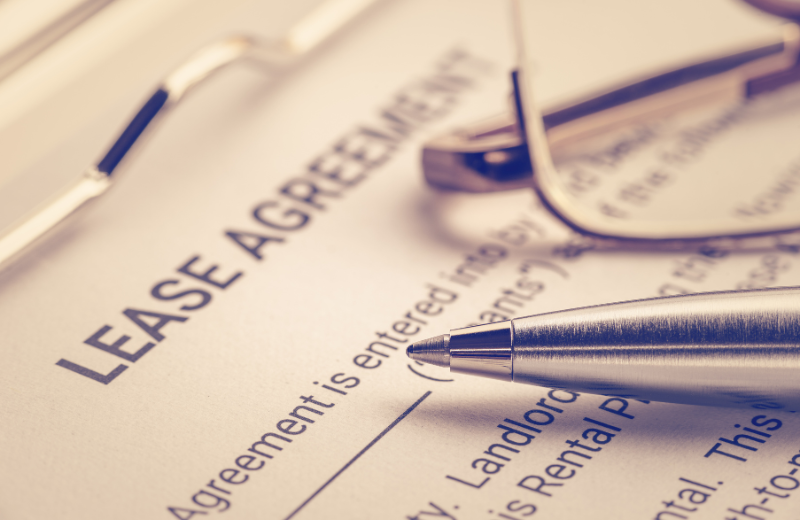In the recent Rule 23 opinion Carey v. The 400 Erie Condominium Association, the Illinois Appellate Court addressed smoking nuisance cases in condominiums, indicating that smoking within units is permissible under certain conditions outlined in the association's rules, provided it does not cause a nuisance or unreasonable disturbance to others. The court emphasized the importance of objective evidence in proving breaches of fiduciary duty by the board and highlighted the need for fair and consistent enforcement of smoking policies while balancing the interests of smokers and non-smokers. The decision underscores the significance of drafting formal smoking policies that align with the community's needs and legal requirements. It also offers guidance for property managers and board members in handling similar situations within their associations, emphasizing the complexities involved in such cases and the importance of thorough investigation and communication with unit owners.
Learn more here.





